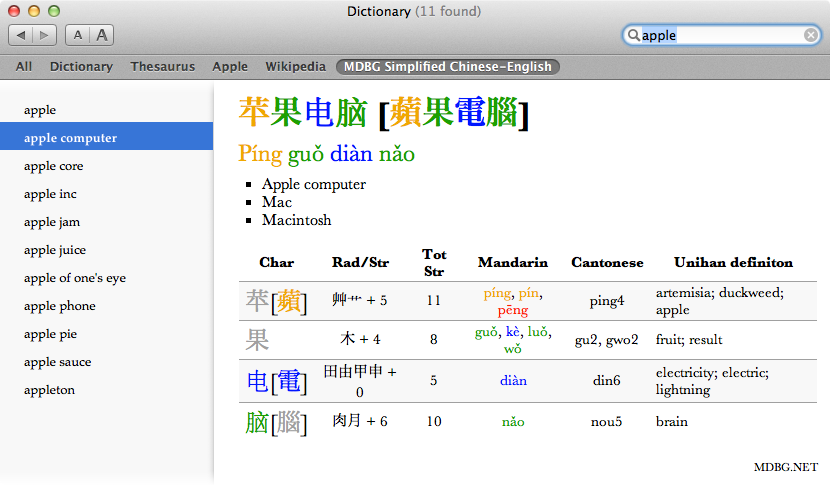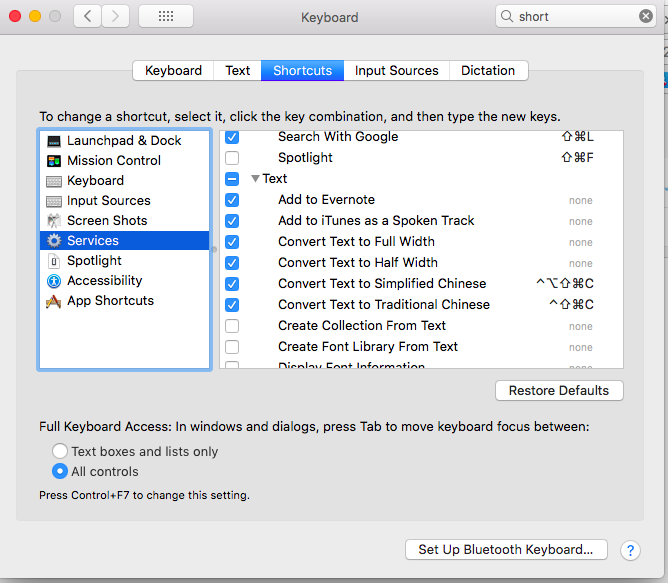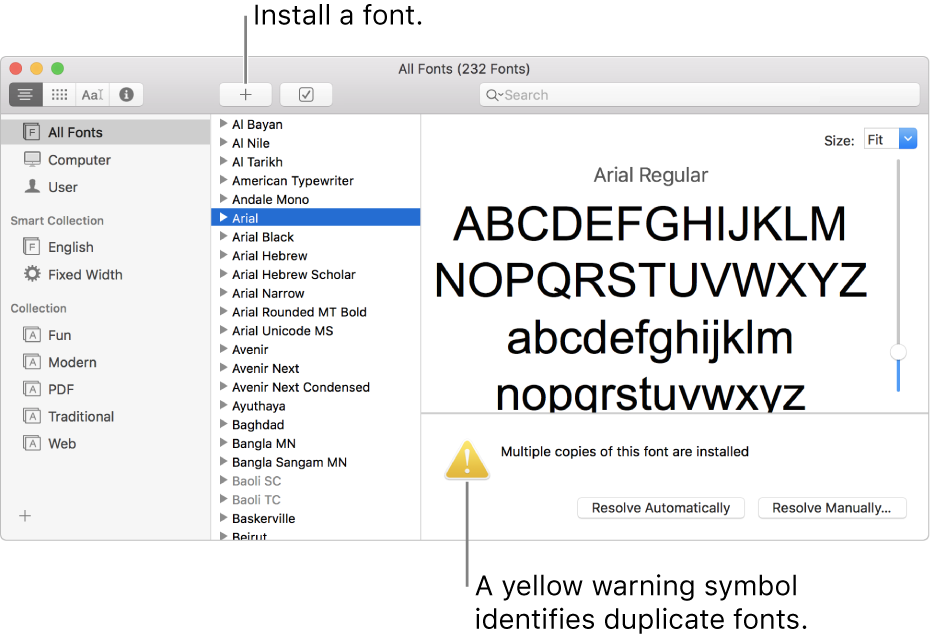- Chinese Fonts free download - Script and Calligraphy Fonts, Fonts Manager, NJStar Chinese Word Processor, and many more programs.
- HanWang Zhuyin ruby fonts in Traditional Kai (楷體) and Ming (明體) and characters, with Bopomofo on the right. Download and install all files starting with 'wp' for all alternate pronunciations (poyin zi). Many thanks to Chris Underwood for pointing me to the link above!
Welcome to chinesefontdesign.com, you can download more than 1000+ Chinese fonts here for free. At the same time, we also provide more than 100000+ Chinese font logo design pictures for you to browse. Help your Chinese design bring unique inspiration. Contact Us: email protected. Typographic info for the KaiTi font family. Licensing and redistribution info. Font redistribution FAQ for Windows; License Microsoft fonts for enterprises, web developers, for hardware & software redistribution or server installations.
On Sun, Sep 23, 2012, Ant wrote:One doesn't change between SimpCHN and TradCHN fonts, rather one
> In Mac OS X 10.5.8 and 10.8.2, how does one change between
> Simplified and Traditional Chinese fonts?
changes between keyboard input methods.
One can convert from SC to TC and vice versa via the Services menu in
> When highlighting Chinese characters and changing to another
> one (Traditional to Simplified or Simplifed to Traditional), they do
> not get changed at all in updated MS Office for Mac 2008 and
> 2011 (Word and PowerPoint).
one's Application menu.
Jeffrey
? ? ? ? ? ? ? ? ?
Jeffrey J. Hayden, Ph.D. Professor of Language (Chinese)
( 王龍駒 / 王龙驹 ) Savannah College of Art & Design (SCAD)
eFax: 413.487.0389 http://sites.google.com/site/wanglaoshi1/
Learning is never directly caused by anything that a professor
does. It happens as a result of the student's own activities
(reading, thinking, writing, etc.), while the professor can only
facilitate that process.
--Ahmed Afzaal, 2012.07.11, CHE, 'Grading and Its Discontents'
! ! ! ! ! ! ! ! !
.
Introduction
These archival pages cover Chinese on the Mac OS from System 7 (1991) to OS X 10.11 (2015). For coverage of more recent macOS and iOS systems, go to [macOS 10.12 Sierra and macOS 10.13 High Sierra].
'WorldScript' is Apple's trademark for the technology that supported multiple languages on Macintosh computers before OS X. In WorldScript, each language had a 'script' that supported the character-set and encoding standards for that language. For Chinese, there were two distinct scripts: one for Traditional Chinese, based on the Big Five encoding that was used in Taiwan and Hong Kong, and one for Simplified Chinese, based on the GB 2312 encoding that was used in China and Singapore.


The Unicode standard is a multilingual encoding. It absorbed the character sets of Big Five and GB 2312, along with those of other Chinese, Japanese, and Korean (CJK) standards. As of version 10.0 (2017), Unicode contains 87,882 CJK Unified Ideographs. Today, most applications support Unicode. Unless you have an older Mac, it's unlikely you'll need to know anything about WorldScript. There was a time when it was useful to know something about character sets, encodings, font formats, and the like, especially for Apple Computer users working in Chinese at the height of Microsoft's dominance in the 1990s. The frustration and confusion at that time led to the founding of this web site, with answers to frequently-asked questions (FAQ). Thanks to Unicode, that era is behind us.

Chinese is a simple script (as opposed to complex Indic and Arabic scripts), so basic Unicode support is often enough, but there are still a few sticking points. For example, your software may not support code points beyond Unicode's Basic Multilingual Plane (BMP). This is the sort of problem that isn't a problem, until it is.

Ongoing problems for which a FAQ could still be useful
Unicode places a special burden on typography when it comes to handling localized CJK characters, glyphs, and variants. For many users, it is enough to know whether a Chinese font covers Traditional Chinese, Simplified Chinese, or both. More advanced users will still need an understanding of Chinese character sets and their history, along with the typography (and politics) of glyph variants, vertical text, and so on, in order to handle CJK texts and fonts in a professional manner.
More Information
Books
The essential text is the second edition of CJKV Information Processing by Ken Lunde (O'Reilly, 2008). Lunde has a Ph.D. in linguistics and is manager of CJKV type development at Adobe. The comprehensive understanding it provides is unmatched. Nothing else comes close, online or otherwise. See: http://oreilly.com/catalog/9780596514471/
Internet

CJK Type Blog (formerly CCJK Type) is an Adobe blog based at their Beijing office, with a range of helpful and interesting information. Ken Lunde's regular posts at CJK Type function as a sort of informal supplement to his book: http://blogs.adobe.com/CCJKType/
Multilingual Mac provides current information and troubleshooting help: http://m10lmac.blogspot.com/
Pinyin Joe maintains the Chinese Computing Help Desk, a well-organized and informative guide to using Chinese on Windows XP and above: http://www.pinyinjoe.com/
About Us
This site was founded in 1998 by Eric Rasmussen and Kerim Friedman. It was hosted at Yale University from 2001 to 2016. Chinese Mac moved to its present location in 2017.
Flexisign pro 8.6 v2 crack key. Flexisign pro 8.6 v2 serial numbers, cracks and keygens are presented here. No registration is needed. Just download and enjoy. FLEXISIGN PRO PDF RIP 10.5.1 FULL VERSION WOrKS WITH WIN 8james. Tutorial de como instalar FlexiSING 8.6v2.gustavo.Flexisign Pro 8 6 V2 Keygen - fangeload.com. Uploading Flexisign pro 8 6 v2 keygen. Auslogics BitReplica Crack Full Verison v2.1.1.0 DC Download. AquaSoft SlideShow 10 Ultimate 10.5.03 Full Version Download. Need Help - FlexiSign.
Traditional Chinese Fonts For Mac Keyboard
Many people have helped out over the years, including Aki Abe, Iwo Amelung, Steven Angle, Charles Belov, Michael Brasser, Kai-shao Chen, Nien-po Chen, Cynthia Col, Jason Cox, Christopher Cullen, Douglas Davidson, John Delacour, Dale Dellinger, Rard Denissen, Tom Gewecke, Rickford Grant, Fritz Grohmann, Bob Hall, Zev Handel, Jeffrey Hayden, Matthew Hills, Timothy Huang, Nobumi Iyanaga, Nina Jalladeau, Fuxue Jin, Charles Lee, Eugene Lee, Henry Leperlier, Magnus Lewan, Joe Lewis, Lukhnos D. Liu, Nello Lucchesi, Xinjiang Lü, Andrew Main, Patrick Moran, Tee Peng, Jens Østergaard Petersen, Greg Pringle, Sven Rossbach, Jacques Rougeaux, Erik Sahlin, Leo Shin, Jonathan Skaff, Robert Smitheram, Leo So, Edward Spodick, Glenn Tiffert, Kelvin Tsang, Ken Tsang, Hsu-min Tseng, Shiangtai Tuan, Etienne de la Vaissière, Sue Wiles, Joe Wicentowski, Amnon Yaish, Weizhong Yang, Dominic Yu, Weiyun Yu, Eddie Yuen, Peide Zha, and Allen Zhao.
